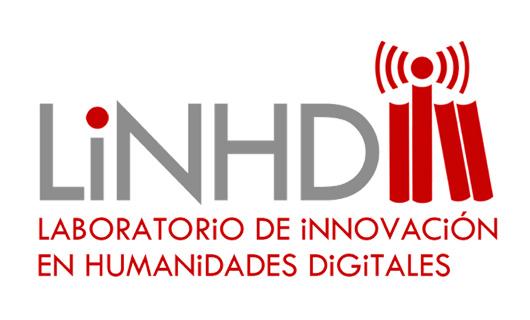
The opening of data related to academic and research work entails multiple advantages, such as the improvement of transparency, the possibilities of replicating studies to verify their validity or greater visibility and impact that boost the recognition of the researcher. In this sense, Law 14/2011, of June 1, on Science, Technology and Innovation highlights the need to boost open access to research content, including mandatory when research has been funded with public funds.
This situation creates a series of challenges for researchers in fields such as humanities, who often lack the technical knowledge and resources necessary to publish their work in accessible, open, free and updated formats. Therefore, they often hire technical collaborators outside the research.
In order to provide a solution to this situation, the National Distance Education University (UNED) created LINHD, a research centre in Digital Humanities. LINHD - whose acronym means Laboratory of Innovation in Digital Humanities - seeks to create a new framework with interdisciplinary and hybrid work teams, with experts in technical and humanities areas who collaborate to foster innovation and share ideas. It also offers training, and advisory, consulting and technological services.
LINHD is one of the key elements of the dialogue in the Digital Humanities and a pioneer centre in Spain in this area. And it is because it deals with fundamental matters for the development of new technologies, competitiveness and productivity of humanities.
The laboratory started from an initiative that aimed to digitally connect the research data of the university itself, in order to improve transparency and visualize them through linked data technology (UNEDATA project), but soon grew by hosting and developing multiple projects and services, with institutions such as the Goethe Institute in Germany, the Thyssen Museum or the National Library. Thus, LINHD become the first digital humanities research centre in the Hispanic field of international reference and unique in its characteristics.
Through this philosophy, technology projects applied to the humanities are promoted, with special emphasis on fields such as art, philosophy, history, geography or education. This has led to projects that range from digital editions or visualizations of results to museums and virtual libraries.
In addition, the laboratory has been recognized as Clarin-K centre together with two centres of the UPF and the UPV, constituting the first “Knowledge Centre” of an ERIC-European Research Infrastructure Consortium in Spain.
LINHD también colabora con la Infraestructura de Investigación Digital en Artes y Humanidades DARIAH, que busca mejorar y desarrollar la investigación digital de humanidades en Europa.